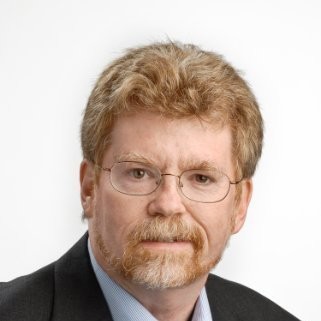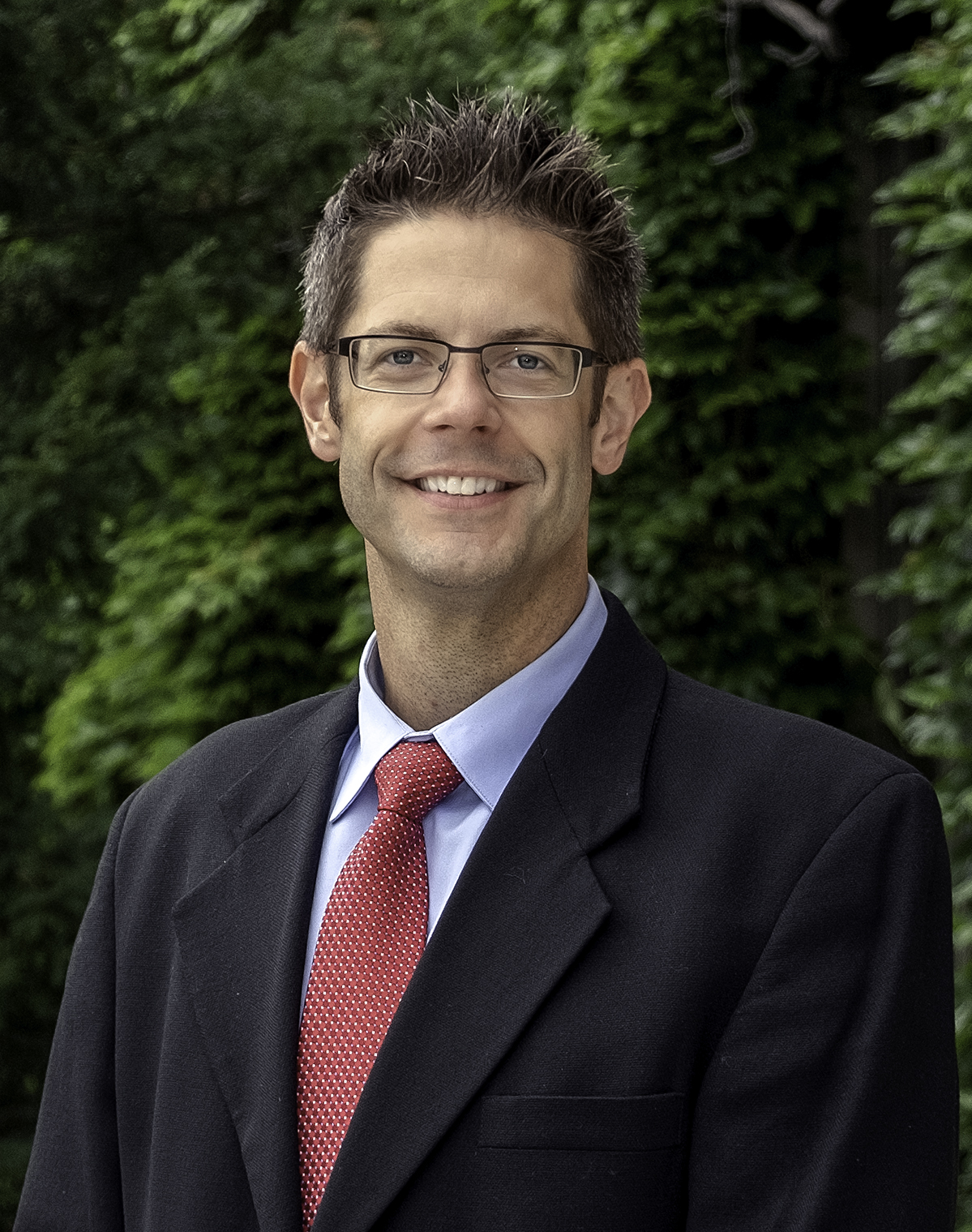In recognition and celebration of Women’s History Month, four alumnae discussed their unique experiences in pursuing STEM careers in a panel facilitated by Debbie Caviness, Director of SUNY ESF Alumni Relations, on Wednesday, March 23, 2022. The panel addressed many topics, such as the stereotypes women face in STEM careers, negotiating salaries, networking, and what the female experience of working in male-dominated STEM fields was like. The ESF Alumni Association, Office of Admissions, Office of Career Services, and ESF Women’s Caucus jointly sponsored this panel.
Christina Chan ’10, spoke about her experiences as both a female and a person of color as the owner and farmer of the Choy Division, a diversified 1-acre urban farm with a focus on east Asian crops and herbs. As a farmer in a field that is predominantly comprised of older white men, Chan felt insecurities due to being both a person of color and female. Starting out in her field, Chan braced for the worst and felt she needed to prove herself to other farmers, but over time began to realize that other people’s expectations don’t dictate an individual’s self-worth. Optimistically, Chan notes younger generations of farmers are becoming more diverse compared to their older generation counterparts.
Kelley Corbine ’15, M'17, a forester with the US Forest Service (USFS) and wildland firefighter, faced similar experiences to Chan. In her work as a USFS forester, Corbine observes about 95% of the time in her work, she is the only female in the room. Like Chan, Corbine also felt the need to prove herself to male counterparts. As Corbine continued working, she realized she needed to treat herself kindly and reaffirm to herself that she deserved to be working with the USFS.
Keelin Gangwish ’19, a Pulp & Power Front Line Leader at the paper mill company Sylvamo, had a different challenge, as she works with people of diverse academic and social backgrounds. As a result of this, it was difficult for her to gain basic respect from her coworkers as a female worker. Gangwish recommends individuals to stand their ground, and to know their audience when it comes to addressing female stereotypes in the workplace. She also suggests to subtly guide other male coworkers to a desired outcome if they do not listen to advice.
Gina Hale ’04, the Senior Director of Operations & Safety at Tufts Medical Center, advised others to ask questions and remain headstrong in topics individuals are confident in. Hale recounted a story of how she had to ask about flow dynamics to ensure the safety of a facility, demonstrating how it is acceptable to not know the answers to everything. In terms of salary negotiation, Hale advises others to not be afraid to ask how much other people make, and to use social networks to determine how much an individual should be making.
Christina Chan received her B.S. in Environmental Science (focus on Health & the Environment) from SUNY ESF in 2010, and her M.S. in Conservation Science from the Imperial College London in 2013. Kelley Corbine received her B.S. in Natural Resource Management in 2015 and her M.S. in Forest and Natural Resources Management in 2017 from SUNY ESF. Keelin Gangwish received her B.A.Sc. in Paper Engineering in 2019 from SUNY ESF. Gina Hale received her B.S. in Chemistry in 2004.
For more information about the WiSE Professions Series, please visit http://www.esf.edu/womenscaucus. For upcoming events, please visit ESF’s College Calendar at http://www.esf.edu/calendar.
As part of the course requirements for FOR797 Perspectives on Career and Gender,
students share responsibility of reporting on speakers in the campus-wide Women in Scientific and Environmental Professions Speaker Series. The preceding was prepared by Scott Dai, MS student, Sustainable Resources Management, Forest Natural Resources Management.














